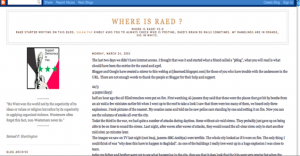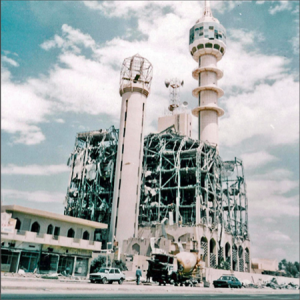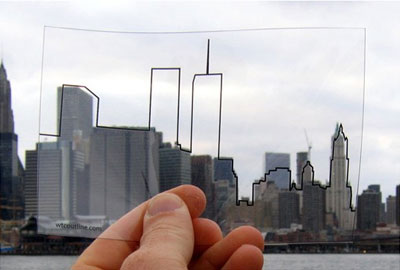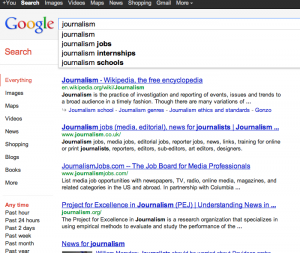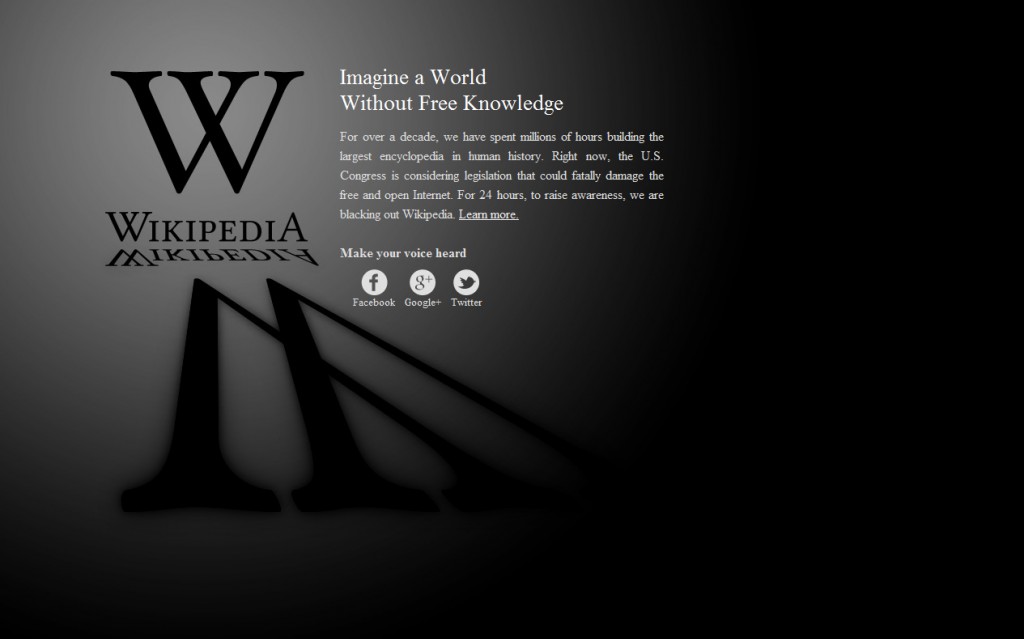Having never heard of this scandal with Senate Majority Leader Trent Lott, I was surprised to learn that a senator would still have the audacity to make comments with such racist implications.
At the birthday party for the retiring Senator Strom Thurmond, Trent Lott was quoted saying: “I want to say this about my state: When Strom Thurmond ran for president, we voted for him. We’re proud of it. And if the rest of the country had followed our lead, we wouldn’t have had all these problems over all these years.”
To provide some background context, Strom Thurmond ran his campaign in 1948 based on a pro-Segregationist platform. This meant that Trent Lott was essentially branding himself and his state as pro-Segregationist as well. This statement did not just brand himself as a pro-Segregationist, but also seemed to imply that segregation would be the solution to many current social problems.
Unfortunately for Trent Lott, a young “off-air” reporter for ABC News in Washington, Ed O’Keefe, was in the room when this statement was made. He knew about Strom Thurmond’s campaign and found this statement shocking and offensive. He then brought the story to ABC News in hopes that they would report on it, but they refused to do it because they thought that was no “on-camera action” and the story wouldn’t take off. However, O’Keefe did not give up and posted it on “The Note” which is a blog-like portion of the ABC News website. “The Note” allowed it to be spread to other websites and blogs which provoked a response from the public. This controversy remained on blogs for about a week before mainstream media caught wind of it and the story built up from there ending with the force resignation of Trent Lott.
This story is a prime example of how blogs and other social media can have an effect on politics and mainstream media. When this story was posted on a blog, it allowed for an easier way to share this story and gave way for a bigger audience. Although social media cannot replace national press as a news sources, it can influence which news stories will be reported or will receive more coverage time.
Blogs have the ability to debate, correct, and sift through news, thus further refining the news itself. Although this blog ended the career of a politician, many other campaigns have begun based on social media such as the It Gets Better Project and Occupy Wall Street. Barack Obama actually used social media in a large part of his campaign to win his presidential race. In fact, one of the in-class presenters, Kirk LaPointe, also maintains a blog called The Media Manager which discusses a variety of political topics.
To end this blog post on a lighter note, here is a Madtv spoof of Trent Lott.
Madtv – Reality Check w/ Trent Lott
Have a good reading week everyone!

